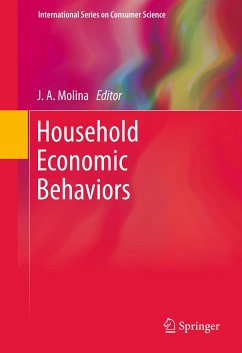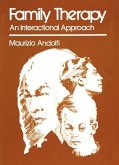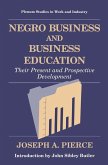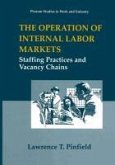In Household Economic Behaviors, a distinguished panel of researchers offers theoretical analysis and empirical findings that reflect the complex realities of contemporary family decision-making. Non-unitary alternatives featured include collective/cooperative, strategic/bargaining, and independent individual models. A variety of pertinent situations and comparative studies comes under discussion, such as intra-household bargaining, monetary versus non-monetary transfers within households, decision-making differences between immigrant and native families, and the impact of economic downturns. Chapter authors add to a diversifying knowledge base as they:
· Introduce and clarify non-unitary models of household behavior, including collective and strategic, with their policy implications.
· Discuss alternative independent individual models of the household.
· Review the current literature on household time use, inequality, and taxation.
· Examine revealed preference tests for collective household behavior.
· Compare collective labor supply of natives and immigrants.
· Explore the effects of marriage on couples' allocation of time.
· Tackle the controversial question, "Do fathers matter-or just their money?"
· Consider the transmission of economic shocks among family members.
The innovative and timely perspectives inHousehold Economic Behaviors are especially instructive for researchers studying the economics of the family and social policy, as well as professors and students in family relations.
Dieser Download kann aus rechtlichen Gründen nur mit Rechnungsadresse in A, B, BG, CY, CZ, D, DK, EW, E, FIN, F, GR, HR, H, IRL, I, LT, L, LR, M, NL, PL, P, R, S, SLO, SK ausgeliefert werden.









